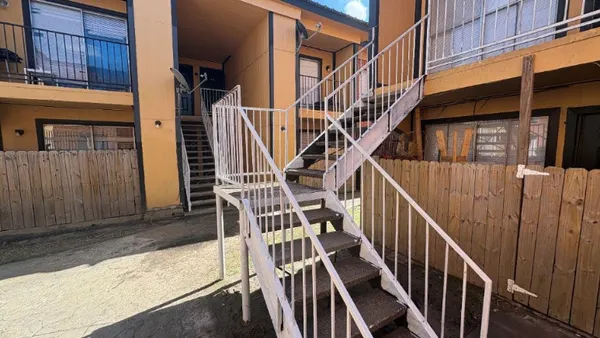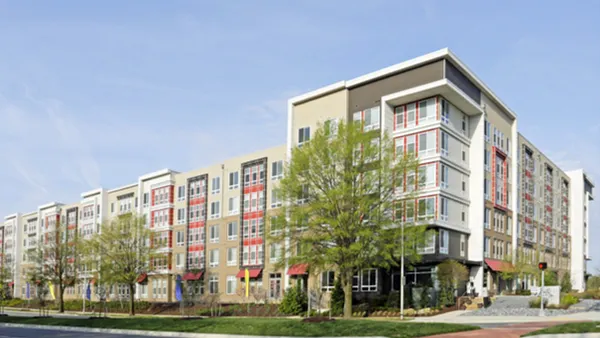When Immigration and Customs Enforcement raids began in Southern California, Anthony Luna, CEO of Coastline Equity, a commercial real estate advisory and property management firm, held a meeting with all his staff.
During the gathering, Luna, whose firm manages 1,000 units in Southern California, gave his staffers a legal crash course focused on warrants.
“We showed them what a judicial warrant is and what an ICE warrant — one of their self-produced warrants — is,” Luna said. “We've done some training. We've given them talking points. We've explained how they should lock down the building if there are ICE activities in and around the community.”
Luna also made it clear to staff, especially those at the front desk or answering phones, that they aren’t to give out tenant or rental application information without a warrant.
“They need to escalate to the appropriate team member if those kinds of calls or demands come in,” Luna said.
So far, Luna’s team members have had on-site interactions with ICE, but have not yet dealt with requests for rental application data.
“You have no idea who you’re looking for if you’re looking at rental applications,” Luna said. “You’re just trying to get as much data as possible.”
Here, Luna, who released the “Property Management Excellence: A Values-Based Approach to Real Estate and Property Investing,” talks with Multifamily Dive about the impact of immigration raids on rents and occupancy, the local government response and a potential eviction moratorium in Los Angeles.
This interview has been edited for brevity and clarity.
MULTIFAMILY DIVE: Have the ICE raids affected your rents?
ANTHONY LUNA: We are seeing rents decline across Long Beach and especially in communities that have been heavily populated by more immigrant or Latino communities. Rents are way down. Move-outs are way up.
Then there's just this fear across the community, both among immigrants and among residents. There's a lot of ICE activity. It happens almost daily, where they're raiding Home Depots, car washes, etc.
What steps have the local governments taken?
Elected officials are coming out and talking about it more openly. Los Angeles County has declared a state of emergency due to the immigration raids, and that's their first step toward implementing an eviction moratorium, like what we saw during COVID.
What are your thoughts on a potential eviction moratorium?
I’m a bit mixed. I think it's the county supervisors’ way to show the population that, “Hey, we're trying to do something.”
I don't think it's going to help in any meaningful way. And I definitely have concerns that we will see more of what we saw during COVID, where people abuse the system. There were certainly people who used it for the right reasons and benefited from it. And landlords received paychecks as well.
What happened during the pandemic?
We had landlords who ended up accruing $50,000 [in owed rent] on a particular tenant or across multiple tenants in the portfolio. The tenants refused to sign their documents, and then the landlords never received the rent from the city or the county anyway.
I'm worried that we're going to see a few of those bad apples. But in general, I don't think the eviction moratorium is going to stop anything.
I’m told by people who track apartment data that, after one family in an apartment community is removed by ICE, others usually start to leave voluntarily. Is that what you are seeing?
It feels very anecdotal to say that’s the cause, but we have had two buildings in Long Beach, an area with a historically more Latino population. When the raids started, we saw move-outs spike to levels we'd never seen before, and it happened in the middle of summer, which was really unusual.

Again, it's very anecdotal, but the only thing I could point to was the ICE raids in the community. I am involved with local nonprofits as well. We are hearing from organizations that serve that population that when one family member is picked up, you might see the extended family leave the community — either for a safer location or somewhere they deem safer, or they may all travel back to their home country as a family unit.
Click here to sign up to receive multifamily and apartment news like this article in your inbox every weekday.











